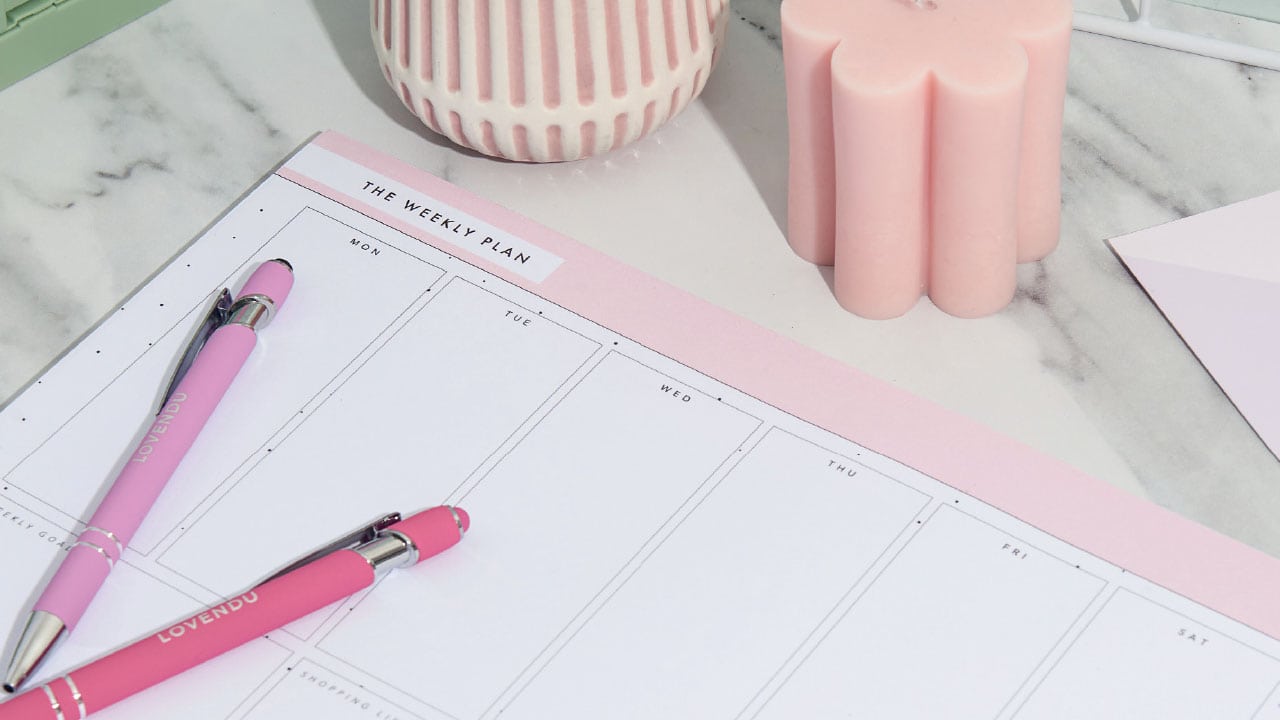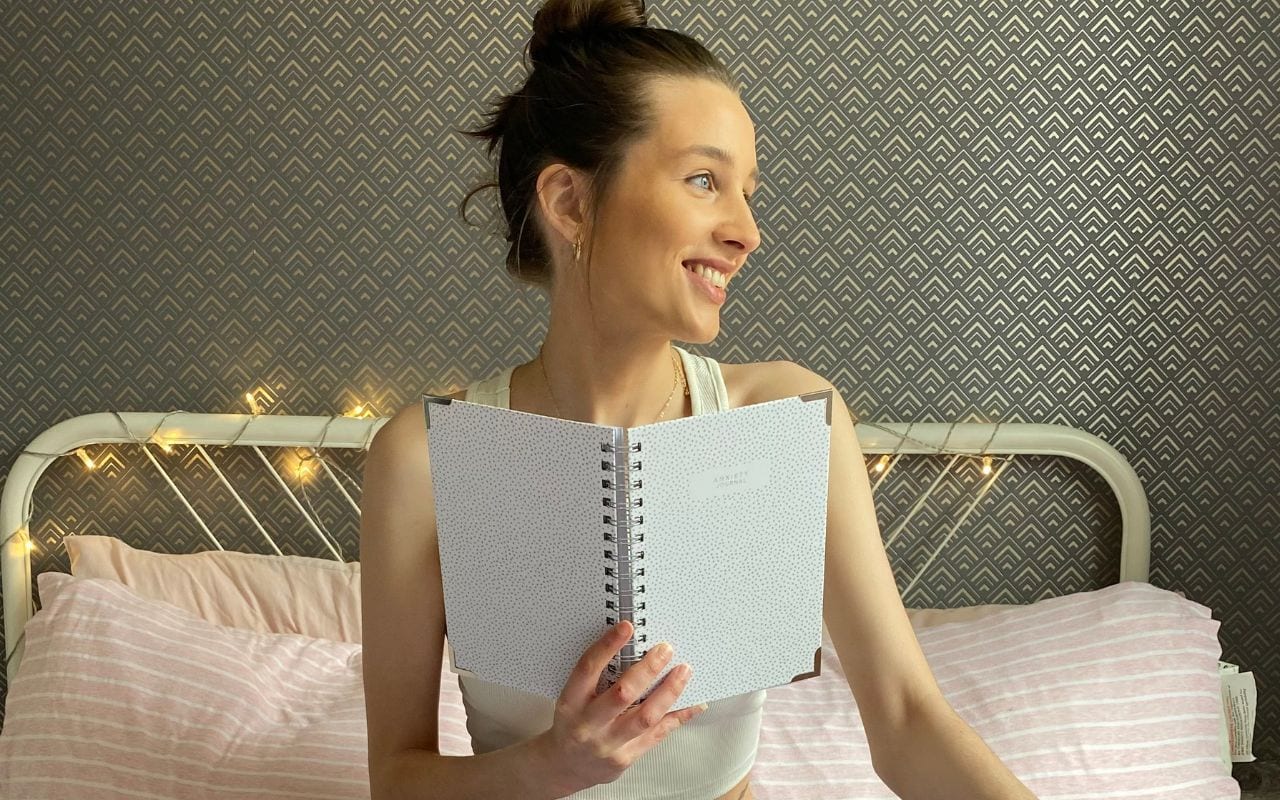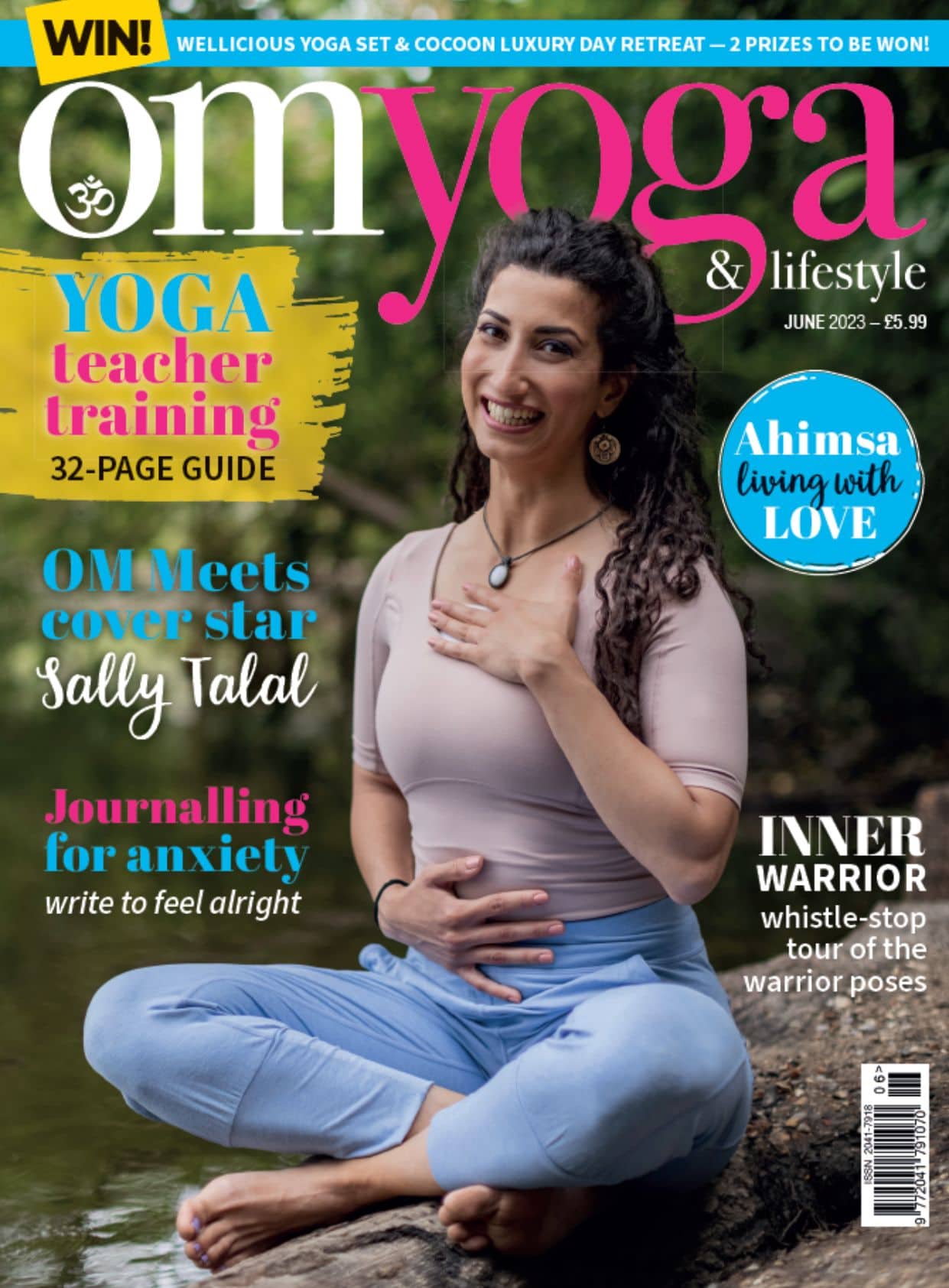
Journalling for anxiety
Laura Schmidt found a way to manage her anxiety and mental health challenges during the covid lockdowns through journalling. She believes the simplicity of the process can help others too
Reading time: 4 minutes
Journalling has been portrayed in TV shows and films as teenage girls writing in an overly doodled notebook with a padlock. Writing things like, 'Dear diary' and all about her most recent crush. This was definitely the image I had of journalling for many years. However, when my own mental health hit rock bottom at the start of the pandemic and lockdowns, I turned to journalling to help me cope – and what happened was life changing.
I have always struggled with mental health issues since I was a child. Anxiety, panic attacks and depression have been constant presences in my life. I always assumed it would get easier as I got older, but the opposite happened. It got worse. It hit an all-time low when, in 2020, I found that my mental health was rapidly deteriorating. Due to the uncertainty, the restrictions, lack of control, I was really struggling to cope. I didn't know what to do, so I started journalling my feelings just as a way to vent and maybe feel the slightest bit better. At first, there was a small relief having expressed my emotions, but other than that, no big difference. I was still anxious.
Yet I wanted to stick with it. If nothing else happened, I would have have a historic log of what it was like during these times. I dedicated 10 minutes before bedtime to journalling about my day, what happened, how I felt, something to be grateful for and what I hoped for tomorrow. I managed to incorporate it into my routine and it soon became an integral part of my night.
Over time, I found I had more self-awareness; I understood myself better. I had better clarity over situations. I was also sleeping better! I was struggling with insomnia before but it pretty much disappeared after I started journalling. Most importantly, I was feeling more productive and creative.
So I started my business, Lovendu, with just £10. I began promoting on social media and the business just took off. To this day, I owe my success to journalling! I haven't missed a single day and my self-awareness has only increased, my sleep is good, and my business has thrived. I'll be real: it hasn't cured me at all, I still struggle and have anxiety, panic attacks and some bad days. But my mindset around those situations has improved overall, so I have a much better perspective and awareness of what is going on.
Here are five ways journalling can be a helpful tool for managing anxiety:
Identifying triggers
Writing in a journal can help you identify patterns and triggers that contribute to your anxiety. By recognising these triggers, you can learn to avoid or manage them better.
Processing emotions
Writing can be an effective way to process and express emotions that may be contributing to your anxiety. By getting your thoughts and feelings down on paper, you can gain a better understanding of what is causing your anxiety and how to cope with it.
Challenging negative thoughts
When you are anxious, it can be easy to fall into negative thought patterns. Journalling can help you challenge these negative thoughts and replace them with more positive and realistic ones.
Tracking progress
By keeping a journal, you can track your progress over time. This can help you see how far you have come and give you motivation to continue working on managing your anxiety.
Finding solutions
Journalling can also help you brainstorm solutions to your problems. By writing down your worries and concerns, you can come up with practical solutions to help you manage them.
Overall, journalling can be a helpful tool for managing anxiety by providing a safe and private space to explore your thoughts and feelings. It can help you gain insight into your triggers, process your emotions, challenge negative thoughts, track progress, and find solutions to your problems.
I'm a true believer that journaling and planning can help you improve your life. I have realised that the true work comes from within. Although my mental health creates everyday challenges for me and I am unable to do some things others may take for granted, I found the determination and strength to create and run my own business – something that wouldn't have happened without journalling. Why not give it a try?
Laura Schmidt is the founder and creator of Lovendu, which creates wellness journals for all kinds of situations, from overthinking to self-love and manifestation. Discover the beautiful range online at: lovendu.co.uk or on Instagram @lovendu_



